I often find out what’s happening in the world just be looking at the keyword activity in my blog referral log. Like today, when I received readers looking for news on the earthquake in Japan. This is actually sad, I feel bad for people looking for real info and getting “hijacked” – I am clearly not an earthquake expert, not even an authority on the subject. All I did was point out how Twitter had been the first to report on several quakes in China and Japan, long before the major news-wires, and miraculously (and unfortunately) my post became the #1 hit for the Japan earthquake search on Google for a while, even preceding Japan’s Meteorogical Agency, which should be the ultimate source for such information.
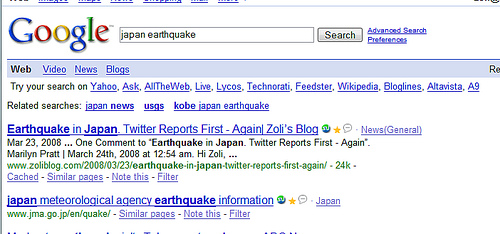
This isn’t anything new, I’ve seen some of my posts get into top Google positions before – but it’s more understandable when I write about a more obscure subject, or a startup nobody else covers… like Brainkeeper, where my post was #1 for months, preceding the company’s own site. Being #2 for the fairly generic search on saas very small business is a bit more surprising, and #1 for Microsoft Outlook Sluggish is certainly rather unexpected. Yahoo, for a change, lists my fairly old post as #1 for the very generic search term Startup Executives, and how on Earth did I get to dominate the igoogle for google apps search? 
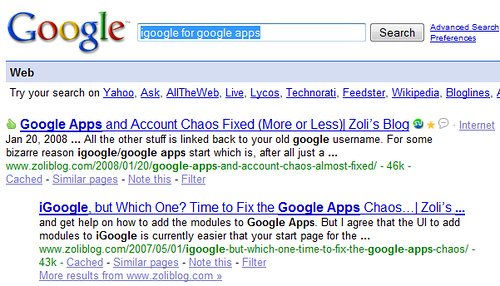
Recently I’ve noticed it almost doesn’t matter what I write about, I can get a premium position for certain relevant keywords. As much as I am enjoying it (hey, who doesn’t like Google Juice), there’s something fundamentally wrong with this system. I think blogs are somewhat overrated, and perhaps individual posts should be weighted on their own merits, not the Google Juice of the main blog itself.
But there’s another conclusion we should draw here. Content is really king, to the extent that it can compete with advertising. Businesses should take notice: you can pay for AdWords, or get to the top by developing your own content – and organic hits are worth more than paid ads. 
There’s another side of the coin here: if you don’t develop your own content, someone else will – and you may not be happy with the results. I’m not sure UPS enjoys seeing my post immediately under their site for the google search UPS Tracking…
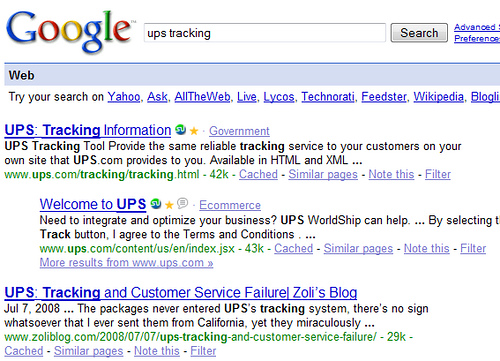
So once again: the old adage “Content is King” has got a new meaning. I’ve been contemplating this for a while, and am getting ready to announce a new initiative in the next few weeks.


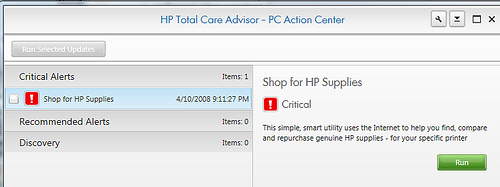

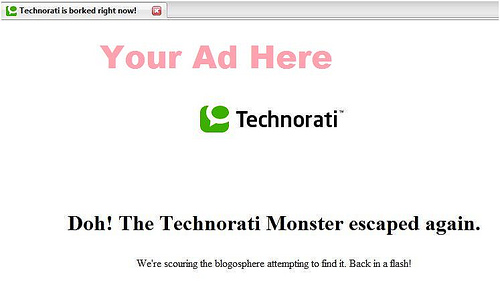
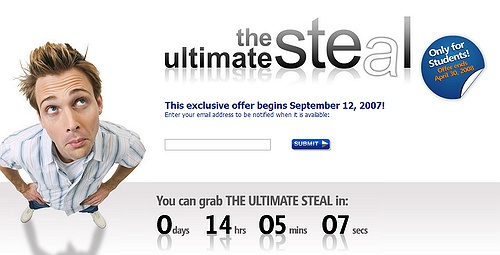

 Cambrian House, the poster-boys of Crowdsourcing are essentially dead – assets being sold in a garage sale for a fraction of what investors put in.
Cambrian House, the poster-boys of Crowdsourcing are essentially dead – assets being sold in a garage sale for a fraction of what investors put in. 
 Ben Kepes drew my
Ben Kepes drew my 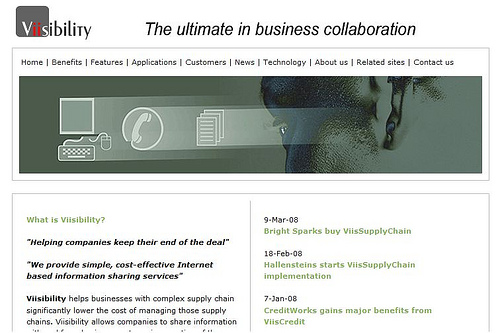






 Sterling Vineyards is one of my favorite destinations in the Napa Valley, and it’s not about the wine.
Sterling Vineyards is one of my favorite destinations in the Napa Valley, and it’s not about the wine. entire lazy day there. Oh, yes, they make good wine, but it’s kind of secondary (well, to me
entire lazy day there. Oh, yes, they make good wine, but it’s kind of secondary (well, to me ).
).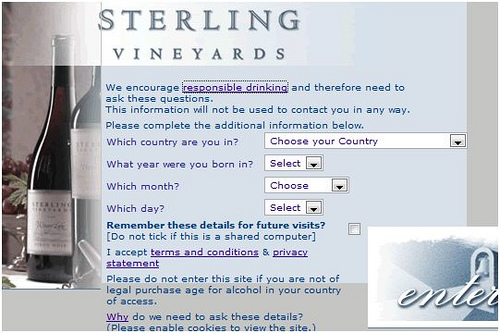

Recent Comments